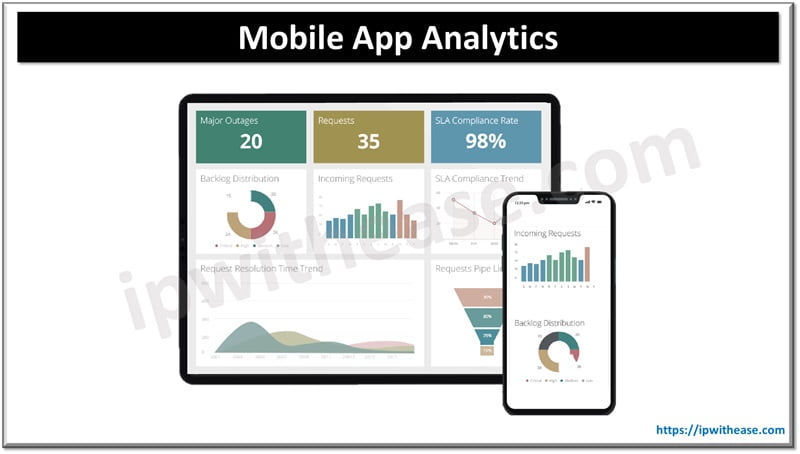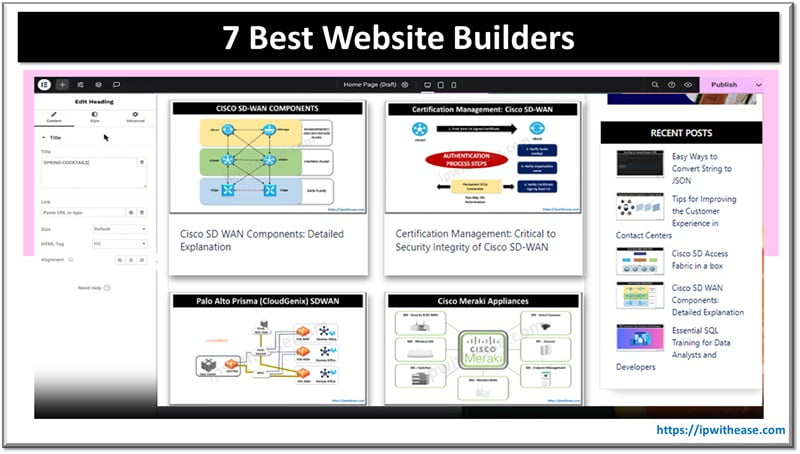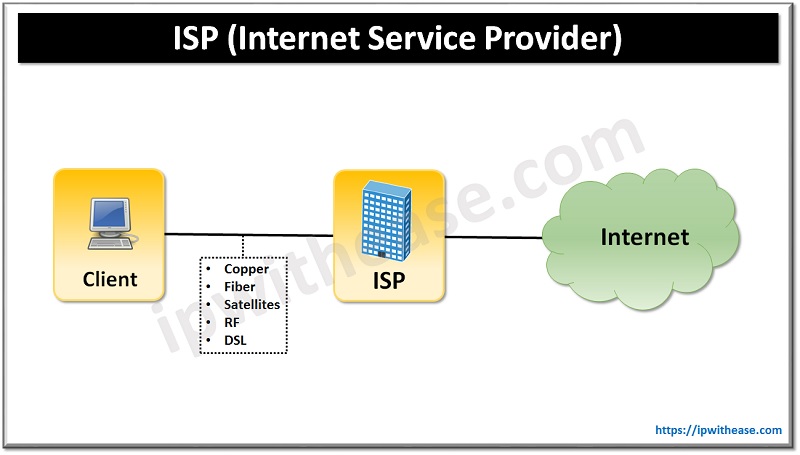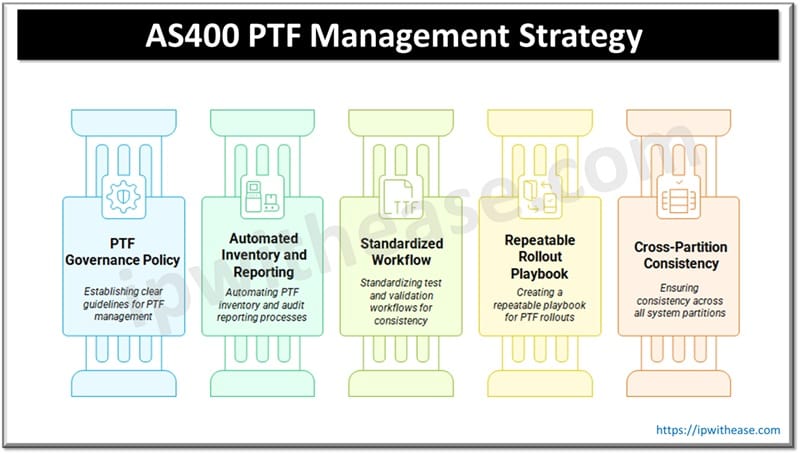Table of Contents
Mobile apps are becoming increasingly popular tools for business, entertainment, and everyday life. However, creating a successful app is not only about developing a quality product. Mobile app analytics are useful when you want to understand how customers interact with your product. They provide valuable data that helps improve the product, increase user engagement, and increase revenue.
The analysis is multifaceted and quite complex. It can only be done by a specialist in the field. A professional mobile app analytic service helps mobile app owners conduct accurate and precise analytics.

What is Mobile App Analytics
Mobile app analytics collects, processes, and analyzes data about product users. Developers and marketers can thus understand how users interact with the application, which features are most in demand, and which remain unnoticed.
Informed decisions about improving the product and making relevant changes can be made with the data collected. Develop an effective product growth strategy and optimize the user experience.
You can use different types of analytics for mobile applications. The technique allows you to evaluate the product’s performance, identify errors, and monitor stable operation. The marketing analysis analyzes user behavior. It evaluates engagement and profitability by identifying effective traffic acquisition sources.
Features of Using Analytics in the Application
The collected analytics data should be correctly interpreted and used to make decisions on improving product quality.
The practical steps for using analytics are as follows:
- Identify key metrics – you should not track all the data in a row. Instead, focus on metrics important for your application, regardless of whether you want to retain users, monetize, or improve the product interface.
- Analyze current data regularly – constantly monitoring analytics helps identify trends and problems at an early stage. A quick response to changes in user behavior is what you get. You can also adjust the strategy you have selected.
- Conduct A/B testing – analytics is a powerful tool. It provides a range of information and data based on which you can anticipate which program versions are more attractive to customers, what requires changes, and other indicators.
- Use personalization – you will get to know your audience and their preferences better. Proper personalization improves your product’s performance for specific audience segments.
This design allows you to use the analytics capabilities correctly to improve your product, making it better, more popular, and more attractive to your customers.
Importance of Mobile App Analytics
Analytics can help app developers and owners evaluate their app’s performance and understand how to improve the product for the end user. You will be able to ensure success in developing a mobile app because:
- optimizes the user experience;
- increases marketing efficiency;
- increases monetization.
Are you interested in user interaction with your product? Analytics tools can provide this information. It allows you to see which features are the most popular, how much time people are spending in the app, and which screens are causing users to struggle or abandon the app.
Related: Dynamic Application Security Testing
Marketing analytics helps you understand which user acquisition channels are more effective, which traffic sources bring in active and paying users, and which, on the contrary, are ineffective. You can optimize advertising costs and focus on the most profitable channels.
This is especially important for mobile apps that offer in-app purchases. Understanding which elements are most attractive to users helps improve your monetization strategy.
Among the monetization metrics, we can highlight:
- ARPU: you will be able to find out how much profit one client brings;
- Conversion rate: you will be able to find out how many customers use the application for its intended purpose (purchase, subscription);
- Churn rate: you will see what percentage of users stop using the service or delete the app.
Thanks to thorough and accurate analytics, all the data you can get helps you build a plan for further detail, identifying the need for possible changes, and other essential aspects.
Conclusion
Mobile application analysis is a powerful tool that can be part of your mobile application optimization process. It will allow you to increase customer retention and improve your monetization strategy, which will increase your bottom line.
Analytics helps developers and marketers make crucial decisions. These will be informed conclusions based on the data obtained. By doing so, you will be able to manage the continued growth of the application and help it succeed in the marketplace.
In today’s market, it is challenging to imagine effective mobile product management without analytics. It answers vital questions about user behavior and helps make the app more competitive.
ABOUT THE AUTHOR
IPwithease is aimed at sharing knowledge across varied domains like Network, Security, Virtualization, Software, Wireless, etc.



